Karen Rinaldi's 6 favorite books that will help you understand yourself
The It's Great to Suck at Something author recommends these guides for personal growth
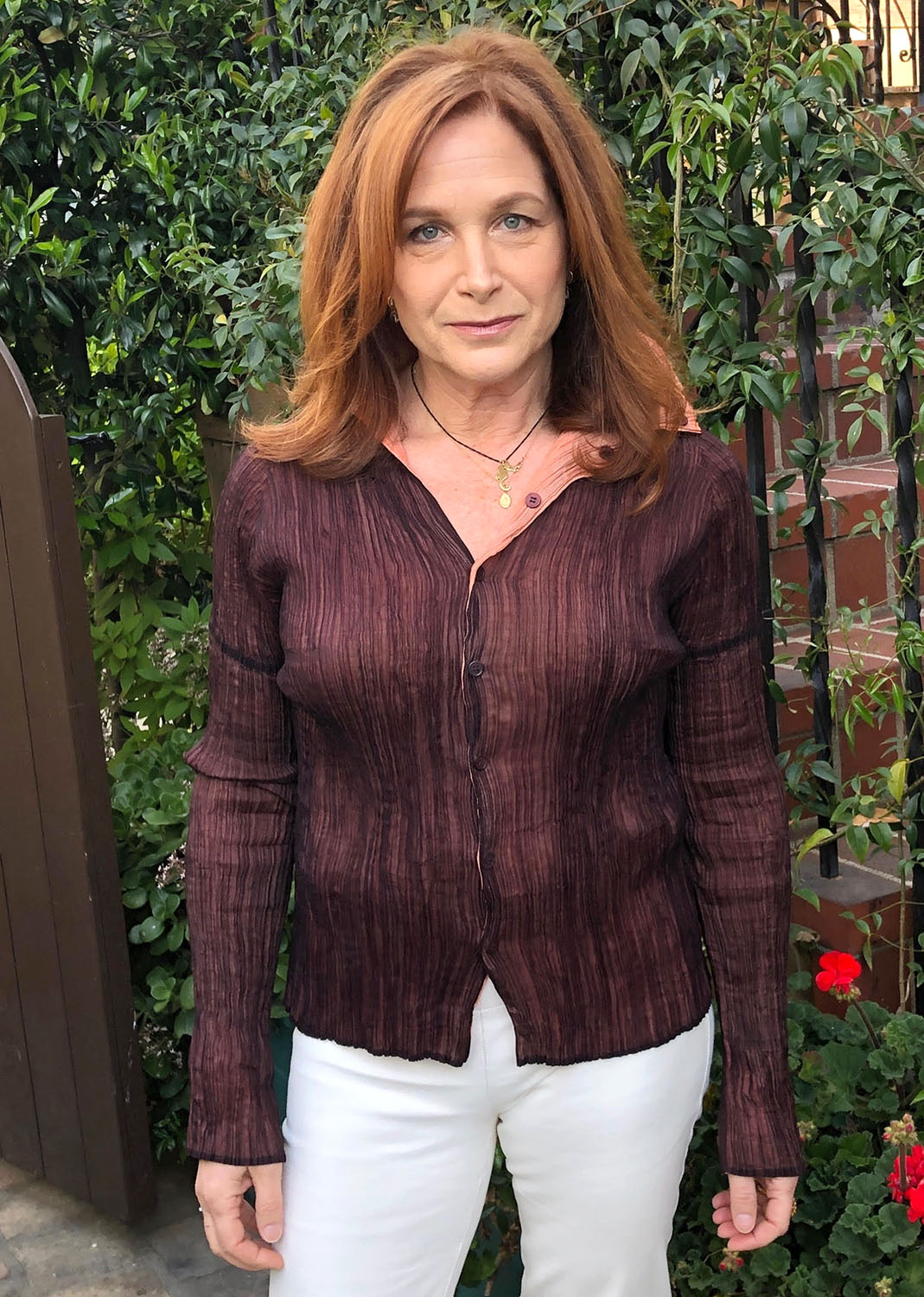
A free daily email with the biggest news stories of the day – and the best features from TheWeek.com
You are now subscribed
Your newsletter sign-up was successful
Karen Rinaldi is a published novelist, a mediocre surfer, and the founder of Harper Wave, a HarperCollins imprint. Her new book, It's Great to Suck at Something, advocates pursuing new interests without fear of failure.
Taking the Leap by Pema Chödrön (2009).
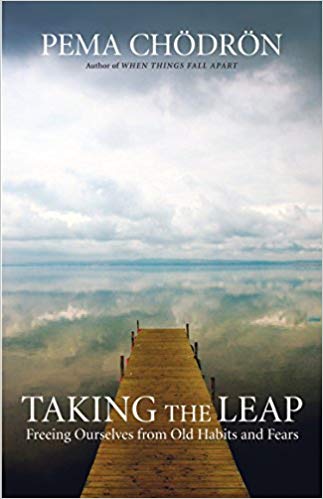
Shenpa is the Tibetan word for attachment, which American Buddhist nun Chödrön explains as being "hooked." When we are hooked by something unpleasant — some discomfort or pain — we tend to tighten our resistance to it. Instead, she teaches, we should open ourselves up to discomfort without attaching a value to it. Therein lies the pathway out of it. Truth: It ain't easy.
The Week
Escape your echo chamber. Get the facts behind the news, plus analysis from multiple perspectives.

Sign up for The Week's Free Newsletters
From our morning news briefing to a weekly Good News Newsletter, get the best of The Week delivered directly to your inbox.
From our morning news briefing to a weekly Good News Newsletter, get the best of The Week delivered directly to your inbox.
Gratitude by Oliver Sacks (2015).
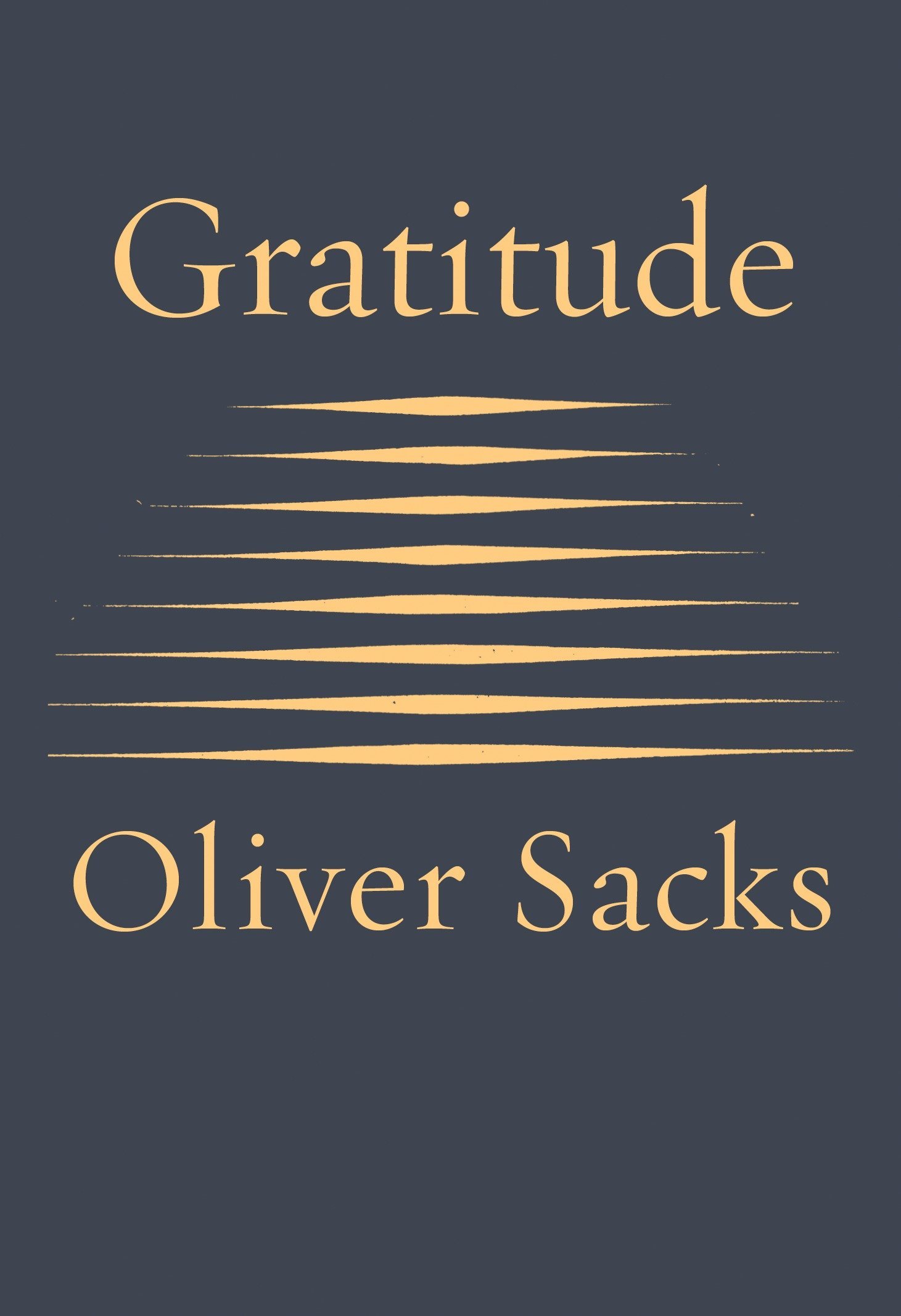
Sacks wrote this book when he knew he was dying, and it is a brief but moving, honest, and beautiful meditation on his soon-to-end life. Gratitude is a powerful way to shift our perspective on any situation, even — or especially — the most difficult ones. Sacks gracefully captures this conundrum in four unexpected but pitch-perfect essays.
What if This Were Enough? by Heather Havrilesky (2018).
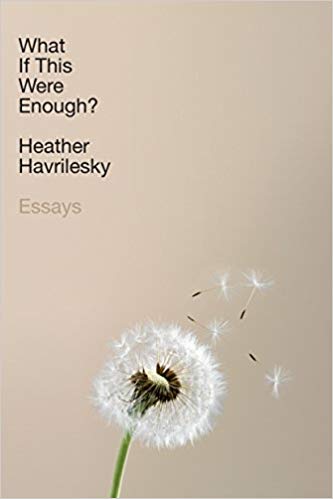
Havrilesky doesn't suck at being Havrilesky. An essayist who goes where many writers wouldn't dare, she has the courage to dig deep into her psyche and expose it to us — and in doing so, throws a klieg light into our own dark corners. She's working on gratitude practice as well. "That's my territory," she writes. "Gratitude and anger, anger and gratitude."
A free daily email with the biggest news stories of the day – and the best features from TheWeek.com
The Origins of Cool in Postwar America by Joel Dinerstein (2017).
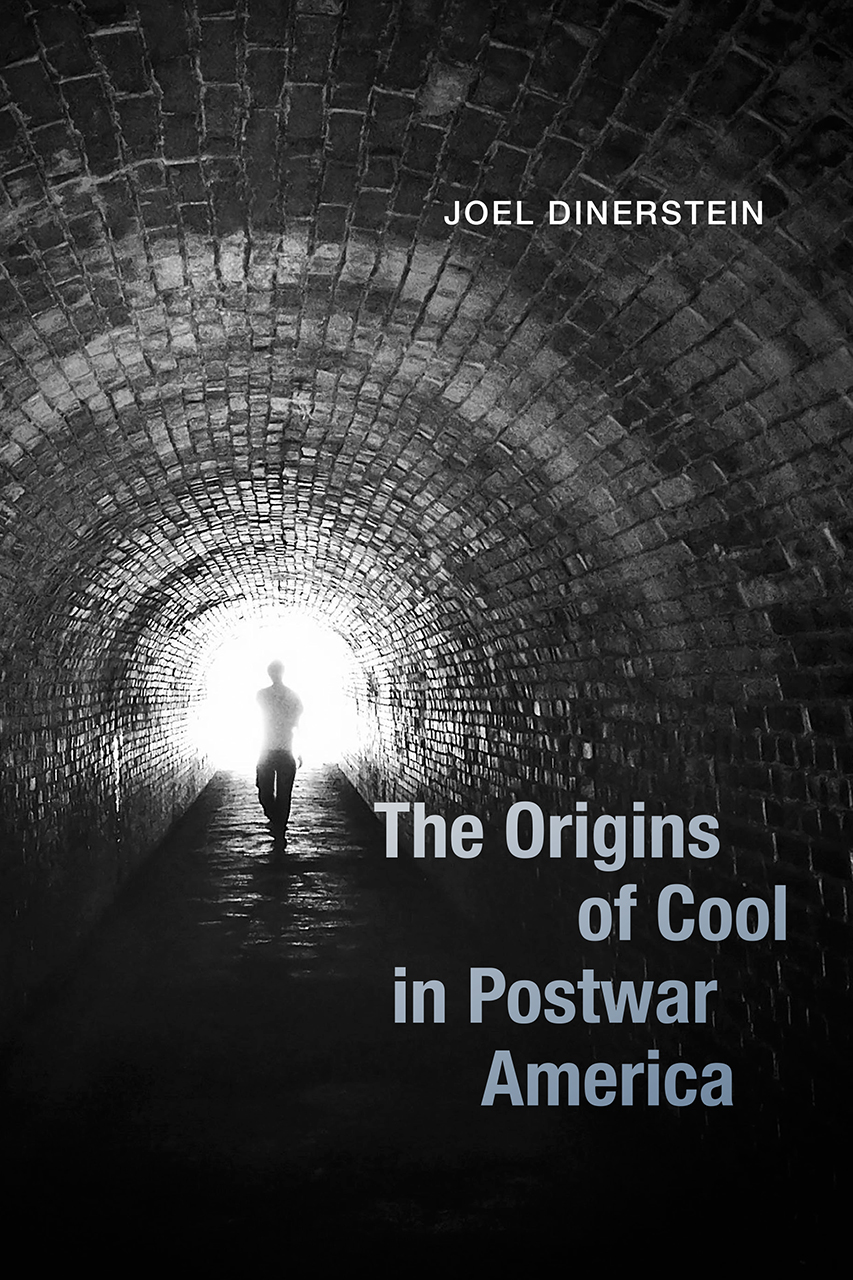
Dinerstein, who curated "American Cool" at the Smithsonian's National Portrait Gallery, explores how the concept of cool both occludes and elucidates. His deep dive into cool and its relevance in jazz, existentialism, literature, and pop music seems at first glance academic, but it is a riveting read, giving brilliant insight and context to one of the most elusive and misunderstood cultural concepts. It's totally cool.
The Unknown Craftsman by Soetsu Yanagi (1972).
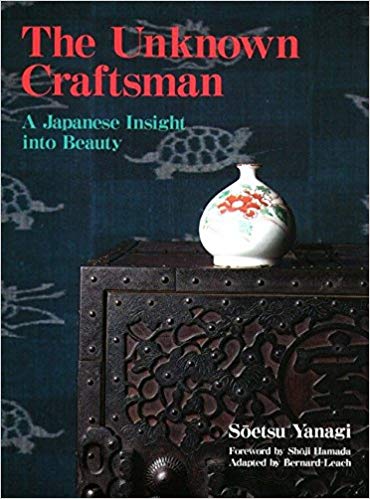
A classic on craft and its unsung heroes, Yanagi's book argues that we should reject perfection in favor of the imperfect. "Beauty must have room, must be associated with freedom," he writes. It's an unlikely self-help tome, but there's plenty here to help us embrace our imperfections and to celebrate diligent efforts of many kinds.
The Confidence Code by Katty Kay and Claire Shipman (2014).
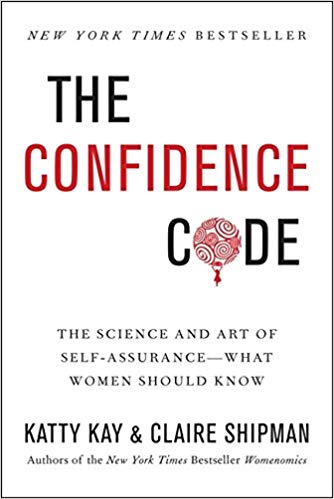
The subtitle, "The Science and Art of Self-Assurance — What Women Should Know," says it all. Women need to read this book.
-
 The Olympic timekeepers keeping the Games on track
The Olympic timekeepers keeping the Games on trackUnder the Radar Swiss watchmaking giant Omega has been at the finish line of every Olympic Games for nearly 100 years
-
 Will increasing tensions with Iran boil over into war?
Will increasing tensions with Iran boil over into war?Today’s Big Question President Donald Trump has recently been threatening the country
-
 Corruption: The spy sheikh and the president
Corruption: The spy sheikh and the presidentFeature Trump is at the center of another scandal